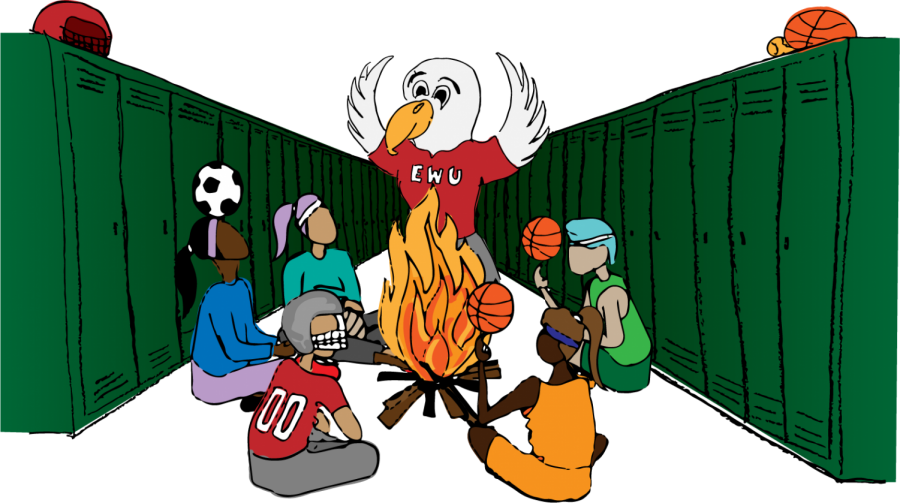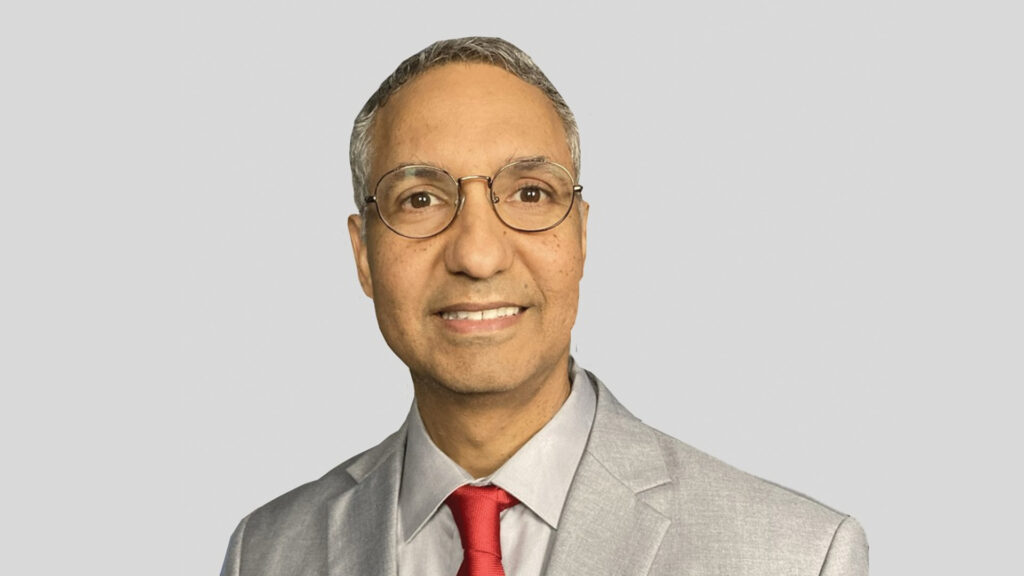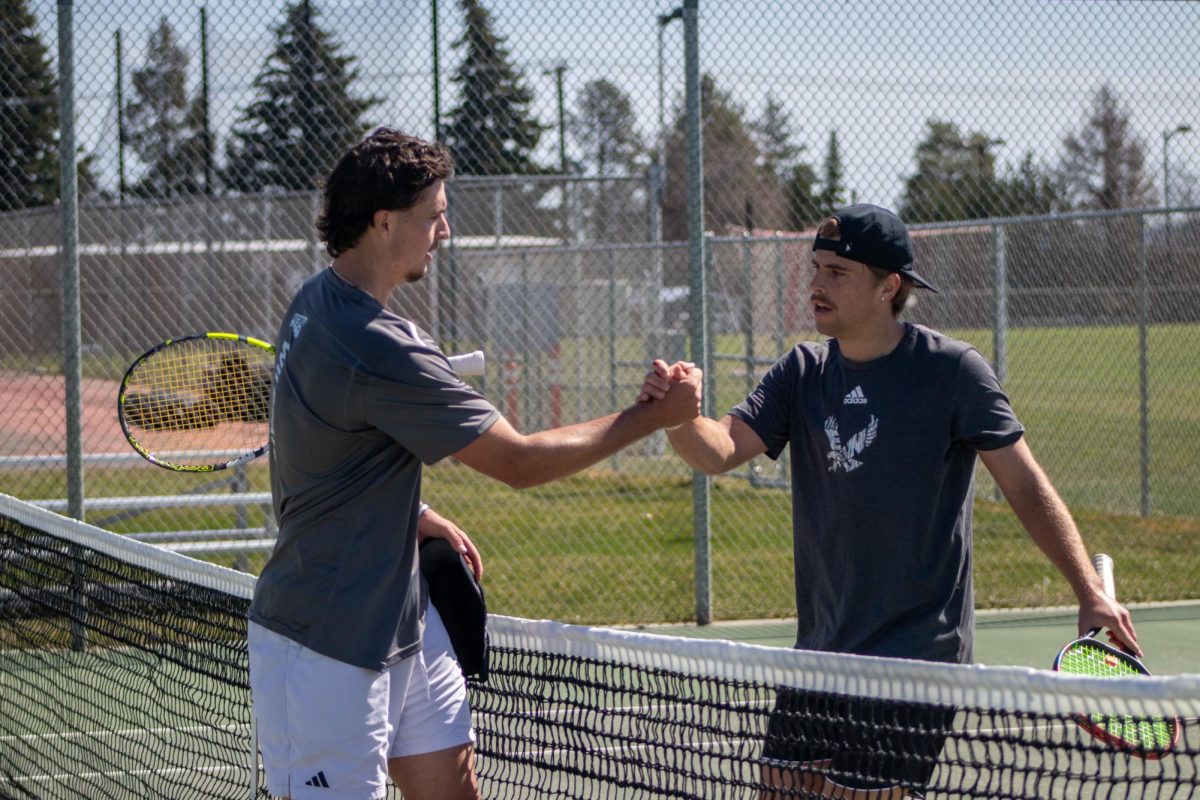EWU Athletics’ summer camps connect future students with teams’ staff and players
April 25, 2019
Youths spending their school vacation at a summer camp may experience all the same suburban cliches of open fires, rope swings over a green lake and close encounters with poison ivy.
Camp season is right around the corner for EWU Athletics, with a totally different focus for its campers—sports.
Five EWU teams put on camps: football, men’s and women’s basketball, volleyball and soccer. The camps are training clinics that vary based on age and skill, and are led by current coaching staff and players.
Volleyball
EWU volleyball hosts beginner and advanced camps for middle schoolers, an all-skills camp for high schoolers and an elementary school dual sport fusion camp in collaboration with women’s basketball. All those camps are coed.
Head coach Leslie Flores-Cloud, who is the only head coach that is also the head camp coordinator, said camps are about having fun and learning the sport.
“We have an amazing way of teaching volleyball that’s really simple,” Flores-Cloud said. “A lot of kids will grasp to it.”
Flores-Cloud also brought up camps as an important time for recruitment.
“I think we have to stay in touch with our campers, because I think if you’re coming here year after year and we get to know you and get to know your name we’re going to want you to be Eagles too,” Flores-Cloud said.
In addition to potential recruits, Flores-Cloud sees camps as a way to grow the team’s fan base.
“We want those girls coming to our games and growing up wanting our signatures,” Flores-Cloud said. “A lot of what I do is the mentorship side of volleyball, and I think that plays on what we have our athletes do.”
Women’s basketball
Women’s basketball hosts a skills camp and high school team camp in addition to the fusion camp. The team camp is the largest, according to camp coordinator and assistant coach Bryce Currie. Currie said they get 40-50 teams each year from around the region, extending as far as Alaska.
Current EWU players will partake in the team camps by officiating games, running the scoreboard and nominating camp standouts for an All-Star Game at the end of camp.
“It’s a nice way for players to earn a little bit of money,” Currie said. “Being a student-athlete, you get your tuition, your room and board, but it’s always nice to have a little bit of spending money. Not every kid has the resources or the family situation where they have a lot of spending money.”
Currie said the team often invites recruits to the camps, but anyone is welcome to register. He said the purpose of camps is to spread the game throughout the community.
“We talked in another story about how I thought Spokane was a basketball mecca,” Currie said, referring to an article from The Easterner about Spokane’s basketball culture, originally published April 10. “What a cool way for all the teams … who are coming to our team camp to kind of get exposure to our area and what we stand for as a program.”
Men’s baskeball
Men’s basketball hosts elite camps, team camps, coed developmental and skills camps. Like the other sports’ camps, all coaches and many players get involved.
Camp coordinator and assistant coach David Riley said camps are good for recruiting and for high school teams to bond with each other. Team camps are an opportunity to look at potential future recruits when they’re younger, and elite camps frequently generate eventual Eagles.
“If they’re getting recruited, they’ll try to make it out to one of those camps,” Riley said. “(They) see the campus, work with us a little bit. It’s a good experience for everybody, because you get to see what the coaches and the players are about.”
Many EWU basketball players attended camps in high school, including all of last year’s senior class–Jesse Hunt, Ty Gibson and Cody Benzel. Other players who attended camps in high school include: junior Tyler Kidd and freshmen Kim Aiken Jr., Tanner Groves, Jordan Veening and Casson Rouse.
Football
Football hosts more camps than any other sports, since there are specific clinics for position groups. EWU divides players into upperclassmen and underclassmen camps. Camp coordinator and Director of Football Operations Marc Anderson said EWU head coach Aaron Best calls himself a “camp guy,” because Best himself wasn’t noticed as a high school player until he attended camps.
“They’re important to us from a perspective of exposing high school students and coaches and teams to Eastern Washington University,” Anderson said.
Anderson added that players who attend receive instruction from their respective position coaches on the EWU staff. Players get involved by refereeing games and helping coach younger campers. Similarly to men’s basketball, many current players attended camps in high school.
“We looked at the numbers a couple years ago, and it was a good percentage,” Anderson said. “It was about half our signing class at that point … were on campus for some sort of camp.”
Soccer
The EWU soccer team is doing a soccer and volleyball fusion camp for younger children in addition to a team camp and two individual development camps. According to camp coordinator and assistant coach Mackenzie German, individual camps are a chance for high school and junior college players to experience EWU and display their skills.
“(Players) that are interested in our program, they can come,” German said. “We train them and then watch them play. It’s an opportunity for them to showcase themselves.”
Information for all EWU athletic camps, including dates, times and costs can be found on the EWU Athletics website.








